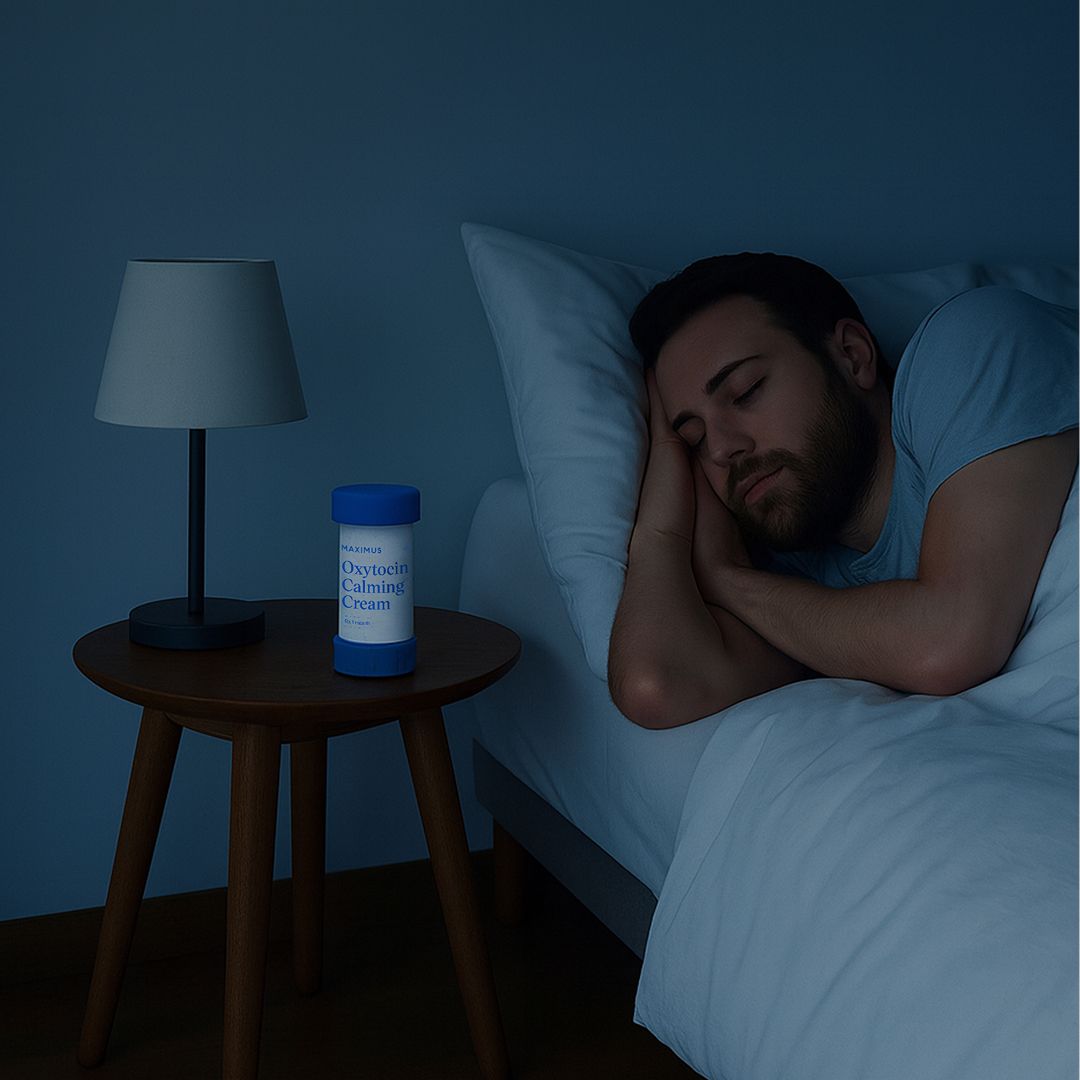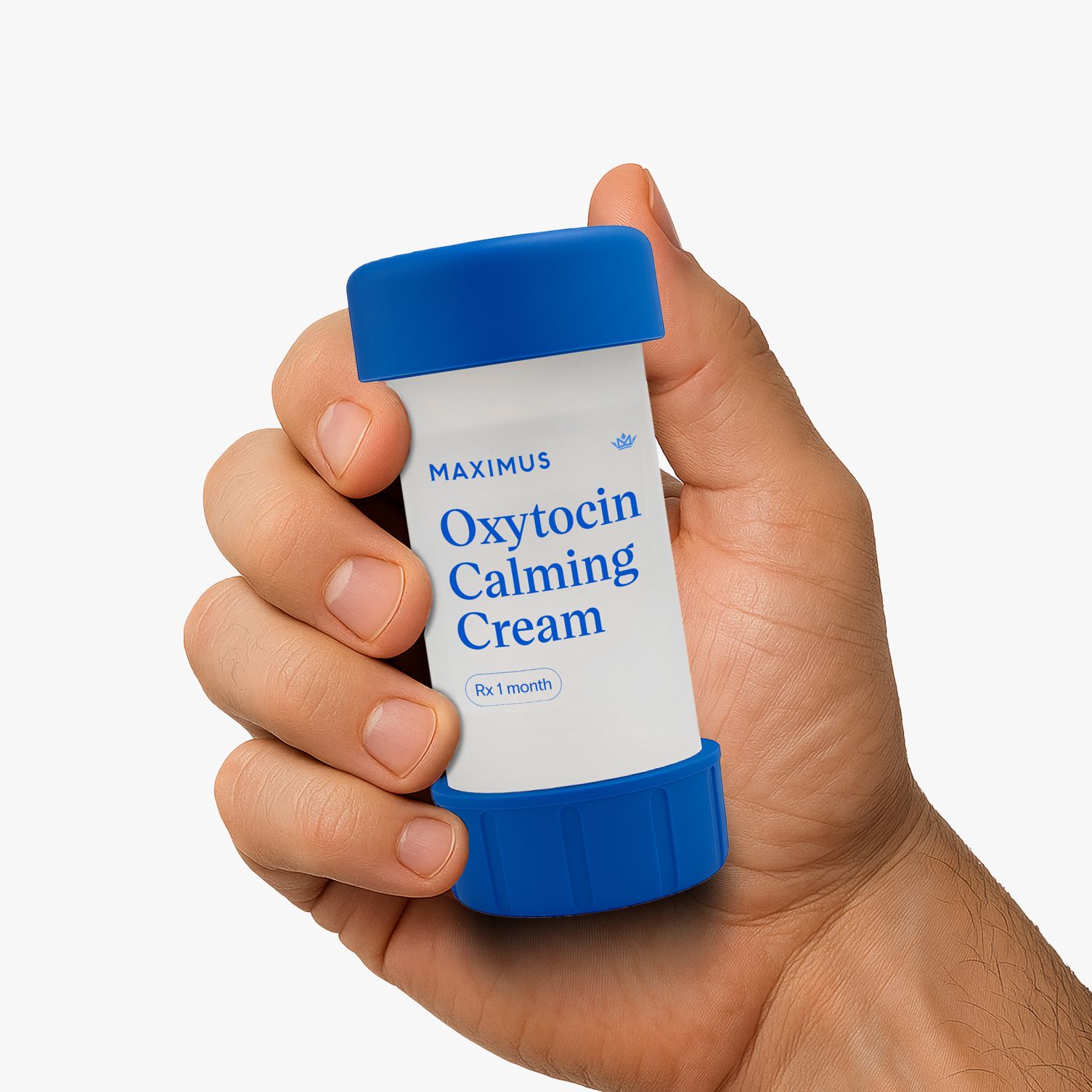Like exercising and staying hydrated, taking a multivitamin seems like a healthy thing to do. But is it necessary?
Well, let’s just say it’s complicated. Multivitamins can be a valuable addition to your nutritional stack, but be careful about the multivitamin you choose.
Research shows many vitamins on the market don’t adequately reduce the risk of some of our biggest health threats, like heart disease, cancer, and cognitive decline. They also don’t seem to extend longevity. And many contain low-quality ingredients that are not easily absorbed into the body.
Even worse, the FDA doesn’t regulate vitamins and supplements in the same way that they regulate drugs. Supplements are not required to be tested for safety and effectiveness before they’re sold to consumers, so it’s possible that they don’t contain the exact amounts of nutrients that are noted on the label. And there’s a chance multivitamins may contain impure or unlisted ingredients. Unfortunately, this isn’t exactly uncommon. Results from one study show that between 2007 and 2016, the FDA identified more than 775 adulterated dietary supplements sold by 146 companies.
Luckily, for most people there are other ways to get the vitamins and minerals your body needs — like through eating a well-balanced diet, which helps you get a variety of vitamins, minerals, phytochemicals, antioxidants, and fiber throughout the day without needing to pop a multivitamin.
Looking for specific foods to eat? At Maximus, we recommend aiming for at least .82 grams of protein for each pound of body weight each day — if you can squeeze in one gram per pound, that’s even better. For your veggie intake, we recommend loading up on bell peppers, cucumbers, tomatoes, and other vegetables with seeds.
You may also want to try liver, which is one of the most nutrient-dense foods out there — some even call it nature’s multivitamin. Various types of animal liver are high in vitamins and minerals, including iron, copper, zinc, vitamins A, B12, and C, along with folate and niacin. Sardines are another powerhouse food — you know you’ve been wanting to hop on board with the tinned fish trend. But rather than focusing on any one food, remember that a balanced diet is the best way to ensure you’re getting all the nutrients your body needs.
Is it ever a good idea to take a multivitamin?
Multivitamins can be a valuable tool in your nutritional arsenal, helping to fill gaps in your nutrient intake. And of course there are also some cases where people really need vitamins. If you have a nutrient deficiency, supplementing with that specific nutrient can be helpful.
According to the National Institutes of Health, multivitamins can also be beneficial in some other situations — such as if you follow a low-calorie or restricted diet for an extended period of time, avoid certain foods like meat and dairy, have a condition that affects your body’s ability to absorb nutrients, or don’t get enough nutrients through your diet.
But whether or not a multivitamin is a good idea really depends on the specific multivitamin you’re looking at.
Doesn’t Maximus sell multivitamins?
Maximus sells a multivitamin called Building Blocks, which is only available to customers on our prescription protocols. It is not a standard multivitamin and it’s not designed to replace a nutritious diet.
What’s great about Building Blocks is the prescription-strength multivitamin contains bioavailable forms of key vitamins and minerals not found in most multivitamins or green powders, such as 10,000 IU Vitamin D3, patented forms of tocotrienols (they’re a type of vitamin E), trace minerals and elements, and powerful antioxidants shown to specifically support hormone production.
Dr. Cam’s Health Hack
If you’re thinking of substituting your store-bought multivitamin for something else, take Dr. Cam’s advice and try black garlic. Here’s what he has to say about it:
“PRO-TIP: Instead of useless gummy vitamins, eat 1 clove of black garlic per day. It is fermented for 90 days in high heat/humidity to reduce allicin (what makes garlic smell) & increases bioactives. Has a gummy consistency & pleasantly sweet fig taste.”
Studies suggest black garlic has significant antioxidant, antiallergic, and anti-inflammatory effects due to its enhanced bioactivity.
Some important takeaways:
- Vitamins can be a valuable addition to your nutritional stack and can be helpful for people who need to fill gaps in their nutrient intake.
- But be careful about which multivitamin you choose — research shows that many multivitamins on the market may not get the job done.
- A well-balanced diet is often a great way to obtain essential vitamins and minerals.
Disclaimer: The contents of this article, including, but not limited to, text, graphics, images, and other information, is for information purposes only and does not constitute medical advice. The information contained herein is not a substitute for and should never be relied upon for professional medical advice. The content is not meant to be complete or exhaustive or to be applicable to any specific individual's medical condition. You should consult a licensed healthcare professional before starting any health protocol and seek the advice of your physician or other medical professional if you have questions or concerns about a medical condition. Always talk to your doctor about the risks and benefits of any treatment. Never disregard or delay seeking professional medical advice or treatment because of something you have read on this site. Maximus does not recommend, endorse, or make any representation about the efficacy, appropriateness, or suitability of any specific test, products, procedures, treatments, services, opinions, healthcare providers or other information contained herein. Maximus is not responsible for, nor will they bear any liability for, the content provided herein or any actions or outcomes resulting from or related to its use.





